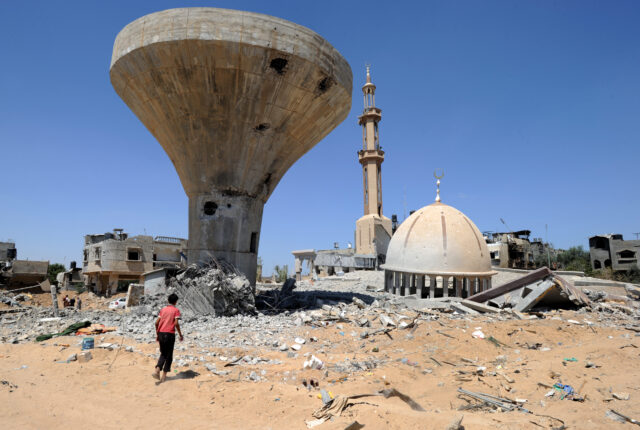Editor’s Note: Since Israel’s entry into Gaza after the massacres of 10/7, we have strongly counseled taking military educatoin/information/understanding from military experts – chief among them John Spencer (@SpencerGuard), Chair of Urban Warfare Studies (@warinstitute) and Executive Director, Urban Warfare Institute.
What is a war crime? Who can call it?
- Armed Conflict Must Exist – War crimes can only occur in the context of an armed conflict—either international (between states) or non-international (between a state and organized armed groups).
- Violation of a Law of War – The act must violate a specific rule of international humanitarian law/law of armed conflict, especially rules protecting civilians and combatants who are hors de combat (out of the fight). Examples include:
- Intentionally targeting civilians
- Torture or inhumane treatment
- Taking hostages
- Using banned weapons (e.g., chemical weapons)
- Criminal Intent (Mens Rea) – A war crime requires intent or recklessness.
- The perpetrator knew or should have known the act was unlawful.
- Accidental harm or a mistake of fact (e.g., wrongly identifying a military target) is not enough unless it was due to negligence so extreme it amounts to recklessness.
- Individual Responsibility – War crimes are committed by individuals, not abstract groups or states.
- This includes commanders who knew or should have known about violations and failed to prevent or punish them (command responsibility).
- Formal Legal Determination – A war crime must be proven in a competent legal forum—typically:
- International courts (e.g., ICC, ad hoc tribunals like those for Rwanda or Yugoslavia)
- Domestic courts with jurisdiction
- Military tribunals in accordance with international standards
- International courts (e.g., ICC, ad hoc tribunals like those for Rwanda or Yugoslavia)
…and no media, politicians, or commentators cannot declare a war crime—only courts or recognized legal processes with investigations can.


